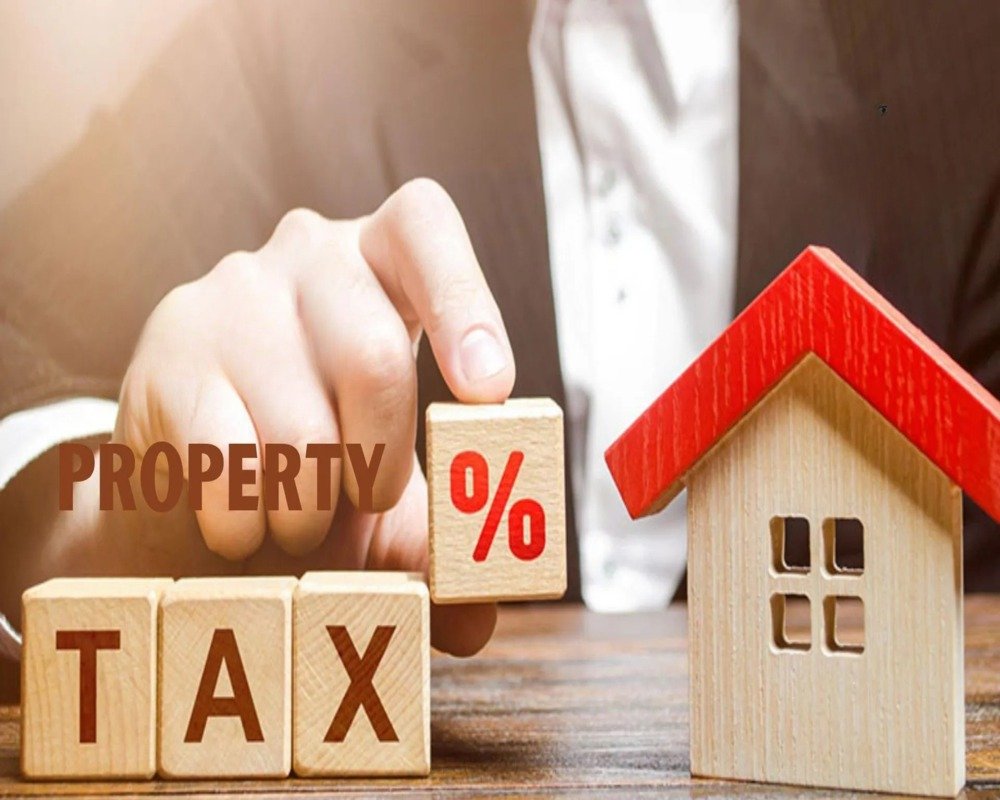Large land sales — particularly those involving high-value transactions, capital gains, and ownership transfers — require a series of regulatory and tax-related reporting obligations to ensure transparency, legality, and fiscal compliance. These obligations apply to both buyers and sellers, depending on the value, location, and nature of the land. 1. Income Tax Return Filing by the Seller The...
Commercial Sales
Property tax is a recurring levy imposed by local municipal bodies on real estate properties. After resale or ownership transfer, the tax liability shifts to the new owner, and the calculation of property tax is typically based on area, usage, location, type of construction, and valuation method as prescribed by the respective municipal corporation or panchayat. 1. Property Tax Liability...
The registration office, also known as the Sub-Registrar Office (SRO), is the government authority designated to handle the registration of property transactions, deeds, agreements, and other legal documents under the Indian Registration Act, 1908. The appropriate office is determined by the geographical jurisdiction of the property being transacted. 1. Jurisdiction Depends on Location of the...
The registration cost in a property transaction typically includes stamp duty, registration charges, legal fees, document preparation charges, and sometimes miscellaneous government levies. While the legal responsibility for payment can vary based on contractual agreement, state rules, and market customs, there are generally accepted norms in property sales. 1. General Practice: Buyer Bears the...
When a property or land is sold, the seller must file income tax returns reflecting the capital gains, and submit related documents to support cost calculations, exemptions claimed, and tax paid. These documents are essential for accurate reporting, and for responding to any queries from the Income Tax Department during assessment. 1. Sale Deed The registered sale deed is the most important...
In India, Tax Deducted at Source (TDS) on land sales is governed by Section 194-IA of the Income Tax Act, 1961. It mandates the deduction of tax at source when certain conditions related to the sale of immovable property are met. This provision ensures tax compliance and reporting in high-value real estate transactions. 1. Applicable Transactions TDS is applicable on the sale of immovable property,...
Capital gains tax arises when a capital asset, such as land, building, or securities, is sold for a profit. The Income Tax Act provides for specific exemptions under various sections to promote reinvestment, social welfare, and certain strategic asset classes. These exemptions apply to both long-term capital gains (LTCG) and short-term capital gains (STCG) under specified conditions. 1. Section 54 –...
Stamp duty is a tax levied by the state government on legal documents related to property transactions, such as sale deeds, gift deeds, lease deeds, and conveyance deeds. As a state subject under the Constitution of India, each state has the autonomy to set its own stamp duty rates, concessions, surcharges, and calculation methods, resulting in variation across the country. 1. Different Rates Across...
The applicability of Goods and Services Tax (GST) on commercial land transactions in India depends on the nature of the transaction, whether the land is developed or undeveloped, and whether additional services or construction are bundled with the sale. GST provisions are governed by the Central Goods and Services Tax (CGST) Act, 2017, and related notifications issued by the GST Council. 1. GST on Sale...
Setbacks are the minimum open spaces required to be maintained between the building and the property boundaries or roads. They are mandated by building bye-laws, municipal regulations, and planning authorities to ensure safety, ventilation, privacy, access, and fire prevention. The required setbacks depend on the type of building, plot size, road width, usage, and number of floors. 1. Front...










